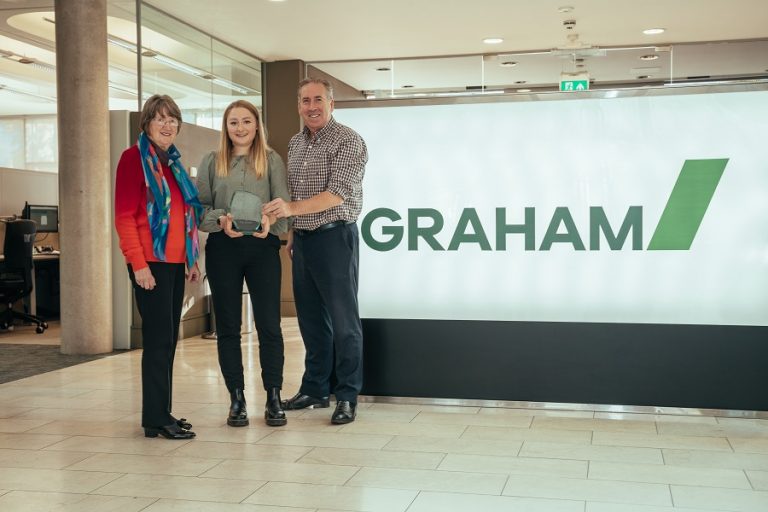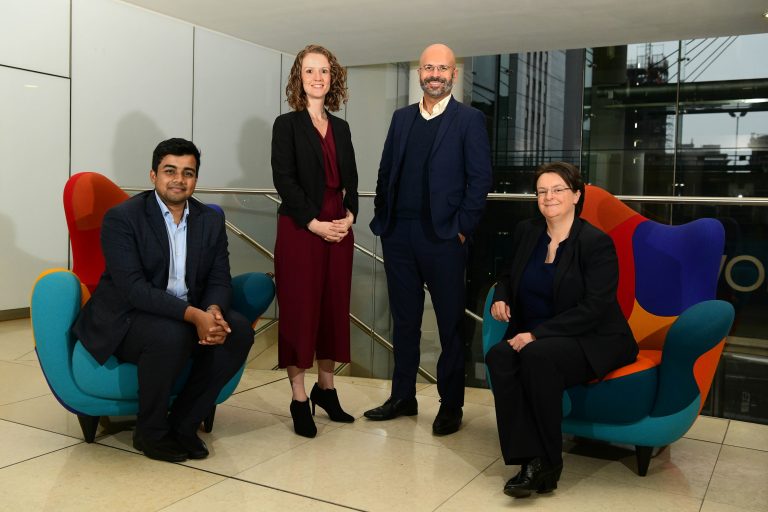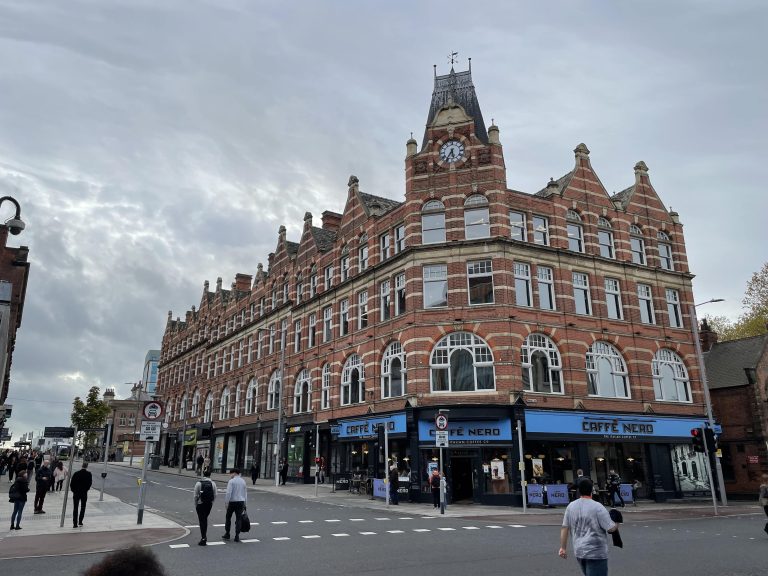GRAHAM undergraduate Lauren spotlighted for award-winning performance
Interest rate rise will leave small businesses between a rock and a hard place
BDO promotes more than 90 in the Midlands
Leicester College student crowned National Entrepreneur of the Year 2022
EY reports record UK revenue and record bonus’s of £800k
FHP secure 10 year deal on 47,000ft² in Hucknall
Lincoln investment group snapped up for £3.5m
Global wealth management group Kingswood have acquired Lincoln-based JCH Investment Management Limited , which manages over £105m of client assets over 240 clients.
A deal was secured at £3.5m with part of the consideration being tied to performance targets. Initially £2.1m will be paid, once regulatory approval has been granted and the balance paid payable over a two-year period, subject to the achievement of pre-agreed performance targets. The Acquisition remains conditional on regulatory approval. In the year ending 31 July 2022, JCH generated revenue of £901k and profit before tax of £406k.Kingswood Group assets under advice (“AuA”) totals over £10 billion from a combination of both global retail and institutional clients.
David Lawrence, Kingswood Group CEO, commented: “I am delighted to announce the acquisition of JCH. Led by John Hebblethwaite, over many years JCH have built deep and enduring relationships with their clients and John and his team have a strong cultural alignment with Kingswood.
“This Acquisition also allows us to consolidate our existing footprint in Lincolnshire and in doing so create a scalable hub from which to grow. On completion, the existing Kingswood team will co-locate with the JCH team at their Lincoln premises.
“Kingswood continues to be an acquisitive business and has a further five purchase transactions under exclusive due diligence that we expect to close in the coming months.”
John Hebblethwaite JCH commented:“We are delighted to be joining the Kingswood Group. This is an exciting development for the business, providing additional expertise, capability, and funding to continue our long-term track record of providing a best-in-class service for our clients. Kingswood shares our vision and beliefs of empowering its employees to provide excellent client service and this move gives the perfect outcome for both our clients and team for their future prosperity.
“I spent over two years investigating our options for a possible merger or sale, looking to find a ‘partner’ that would enable us to take all aspects of our business forward for the benefit of clients and staff alike. I am confident that Kingswood, as a major leading advice business, have the team and culture to be able to do this. We have been very impressed with the depth of quality in their management team.
“This is an important and positive step forward for JCH, as Kingswood share our fundamental ethos on providing an exemplary service to clients first and foremost.
“Their focus on service with great client outcomes, combined with understanding that our team are the heart of the business, giving them the opportunity to thrive and grow, made the decision to join them an easy one.”
Prime land sale secures future of residential development
International software company expands into Nottingham’s iconic City Building
International software company 4G Clinical has expanded its Nottingham operation with a move to larger offices in the city centre.
The fast-growing US-owned clinical trial company has leased a floor at City Buildings, the landmark four-storey Victorian property on the corner of Carrington Street, between Nottingham train station and the Broadmarsh redevelopment.
The move means 4G Clinical, which employs more than 400 people across 12 offices worldwide, can expand to meet demand for its services. Its previous base was near Jubilee Campus, close to University Park.
The firm, which develops software systems that support clinical trials, appointed Innes England to search for the ideal space in the city.
Jon Sendall, of 4G Clinical, said: “The office provides a flexible hub for our UK operations and is ideally located close to city centre amenities and public transport links. This creates a more appealing location for our staff to work from and offers excellent sustainable travel options.”












